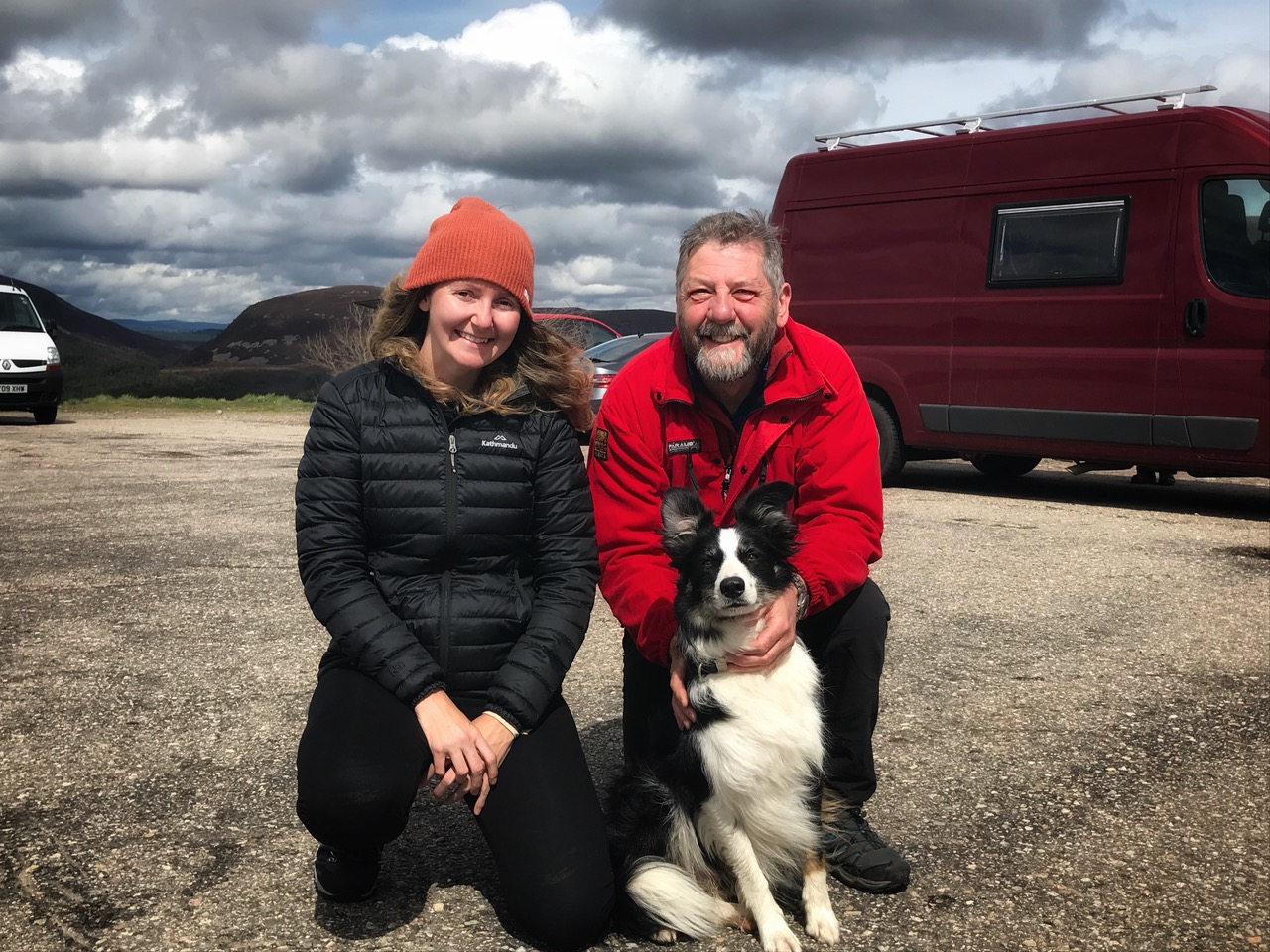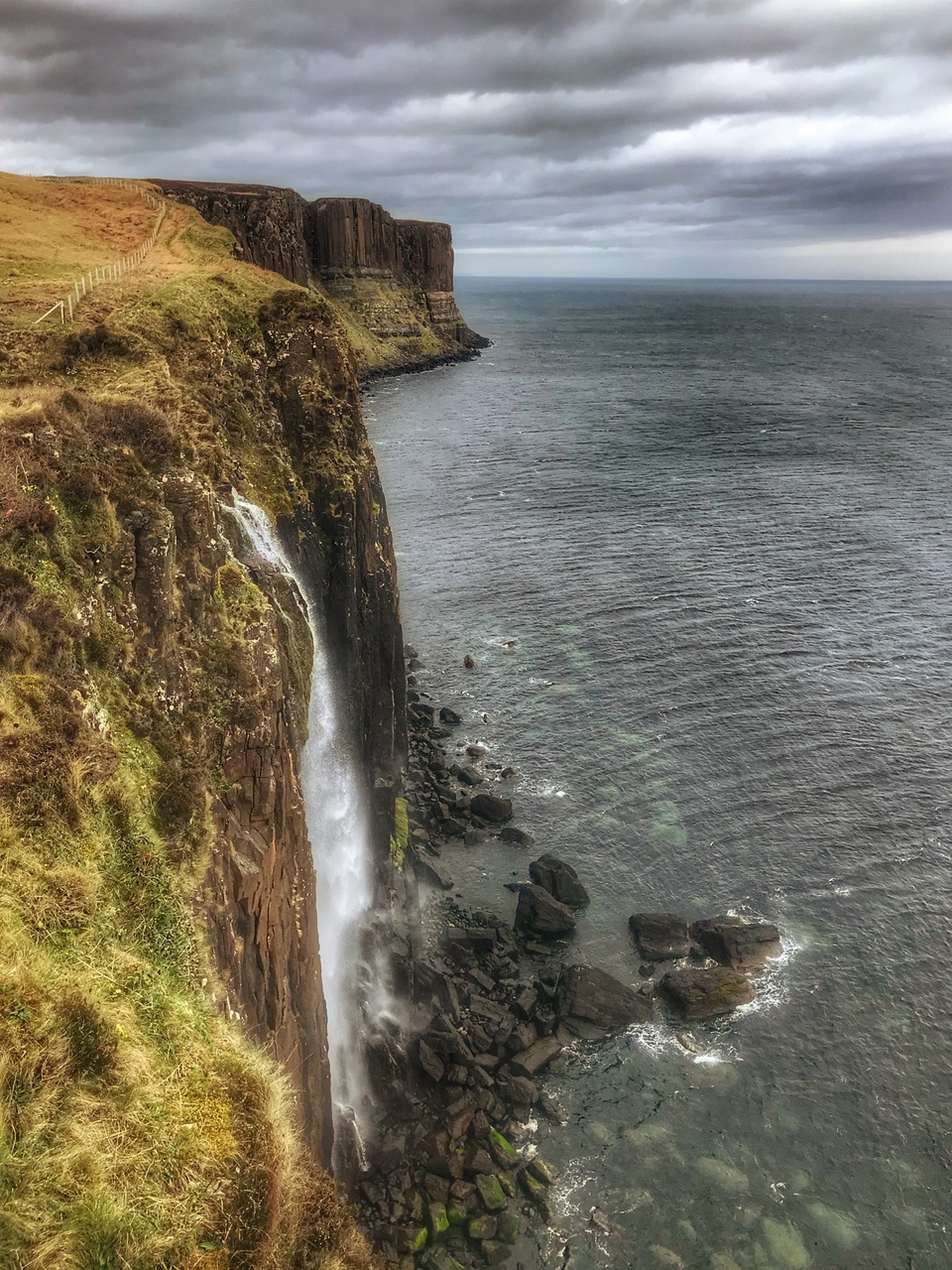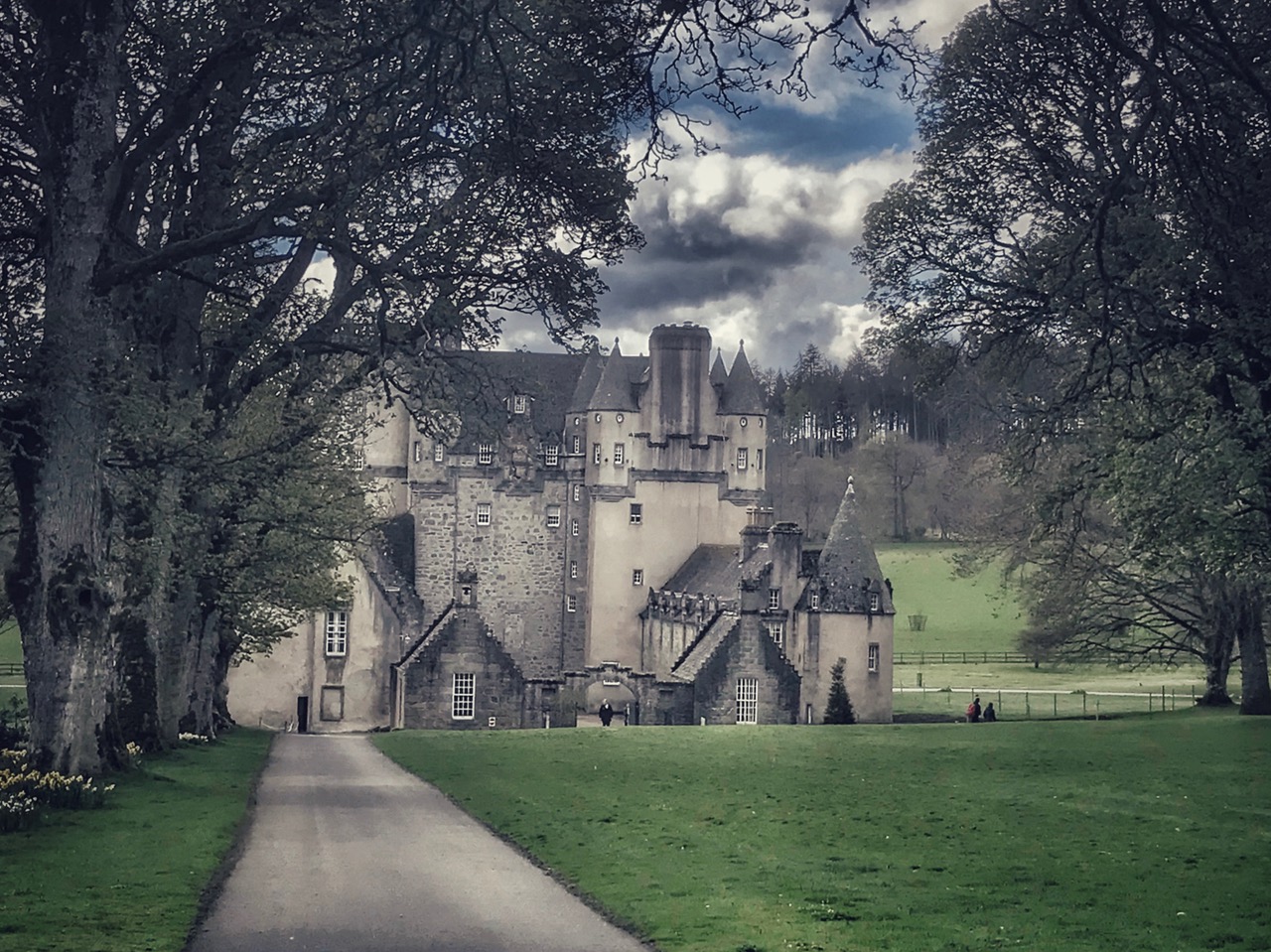Before I arrived at the Belford it had been joked that in summer the hospital was full of mountain bikers and in winter skiers and snowboarders. This was to prove very true. Although there was still snow on the mountain tops the summer sports were well underway. Mountain bike accidents were right up there with the top admissions and broken vertebrae seemed to be a favourite. I saw neck, back and pelvis injuries as well as very impressive bruising covering one patients entire back. The worst cases were stabilised and sent to the bigger hospitals in Inverness or Glasgow. Most patients were tourists to the area and often transfers could be arranged back to local hospitals or spinal units closer to home in other parts of the UK.
Infection wise, MRSA didn’t appear to be a big issue in the UK but influenza was. Anyone with suspected flu was tested and isolated until results were obtained. I also saw my first case of mengioccocal septicaemia. An elderly gentleman was brought in “’off legs’’ (a common presentation here), a non-blanching rash was picked up by the junior doc doing the clerking and he was brought to HDU. Within 3 hours multi-organ failure had developed and sadly he died soon afterwards.
There were a few cases of drug use and alcohol abuse, including one success story of a previous alcoholic who was able to abstain for 7 months and get on the transplant list for a new liver. Falls, gall stones and various gastro bugs were also aplenty. However the sports injuries category still seemed to outweigh most others and it was very interesting to see how these were managed.
There was also plenty to do outside the hospital and I was lucky enough to get out and see some of the local sights including the Isle of Skye and Loch Ness. While in the area I also took the opportunity to meet up with the local search and rescue dog handler. Being involved in Search Dogs in NZ I was very keen to see how things worked in Scotland. I went along to one of their weekend training camps and was wowed by the quality of their dogs and the stories of various mountain rescues. The training techniques and abilities of their search dogs were similar but with one major difference. Most of the dogs were dual trained for wilderness rescue in the summer and avalanche rescue in the winter.
In New Zealand the training and the organisations for avalanche and wilderness dogs are quite separate. Our avalanche dogs need to be present on the mountain throughout the winter season to increase the odds of live rescue whereas in Scotland this was not possible. It was an excellent weekend out with a very friendly group and I learnt a number of new techniques for my own training.
All in all I would have to say the Belford was definitely the highlight of elective for me. It was a perfect blend of using my clinical skills, learning about a different range of presentations, meeting some fantastic people and seeing the sights of such a beautiful country. I would definitely recommend Scotland as a place to visit and even a stint in the medical sector if the NHS doesn’t put you off too much!




No comments yet.
Leave a comment